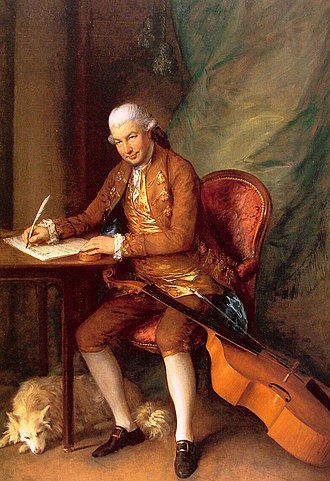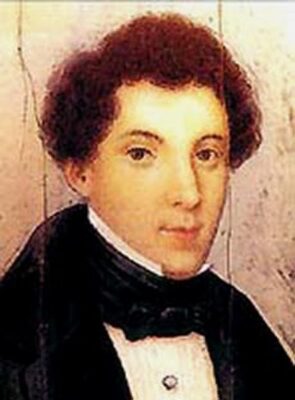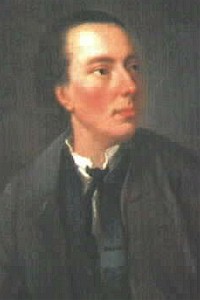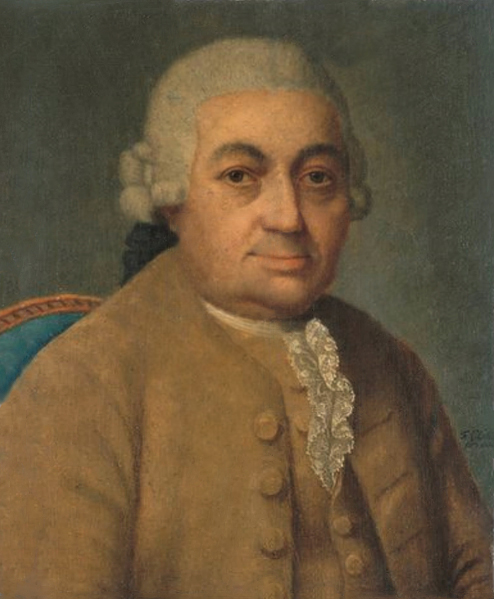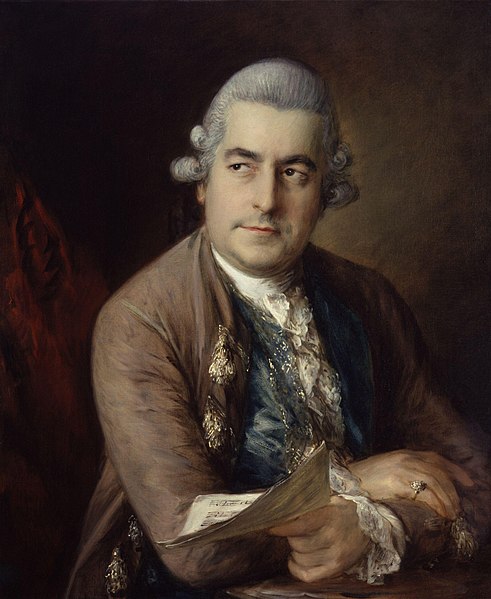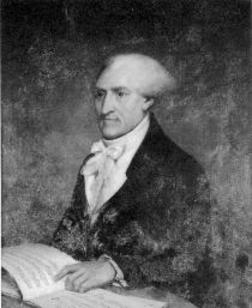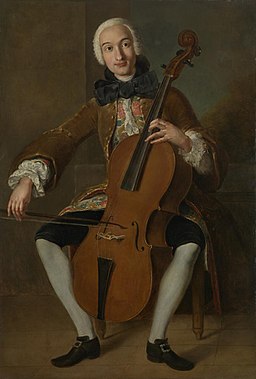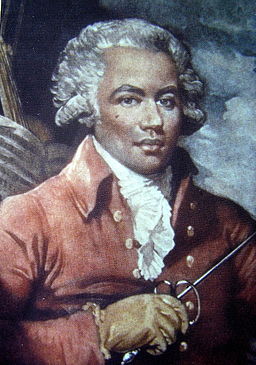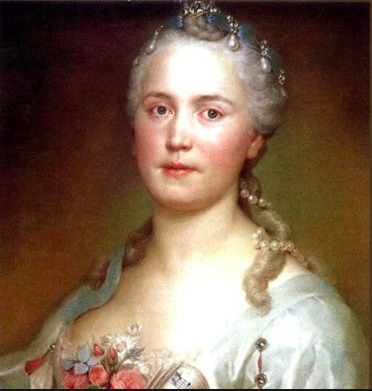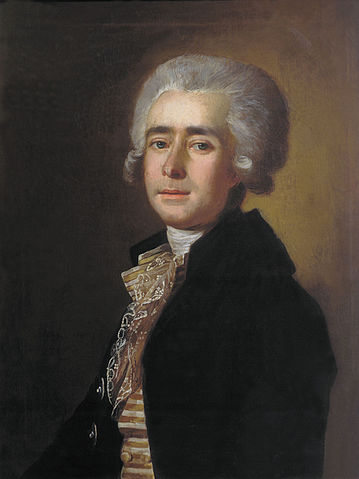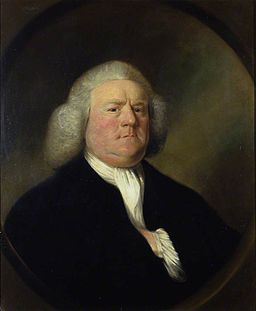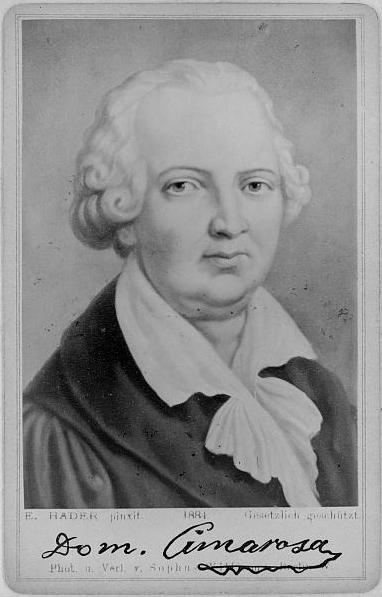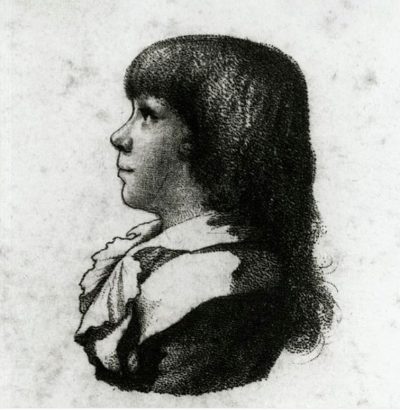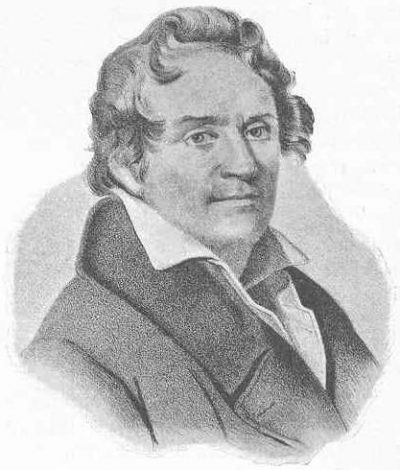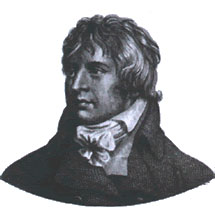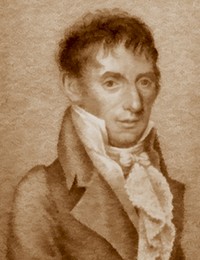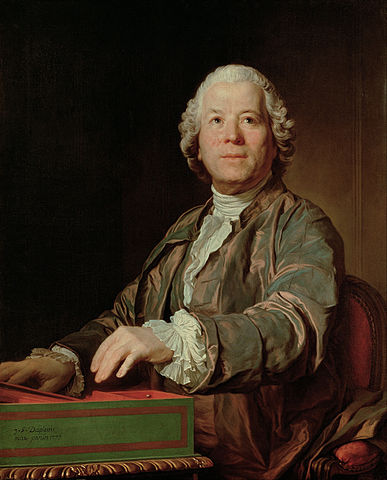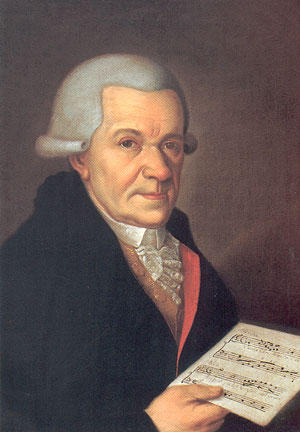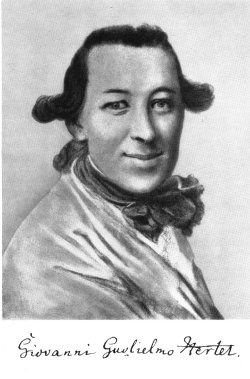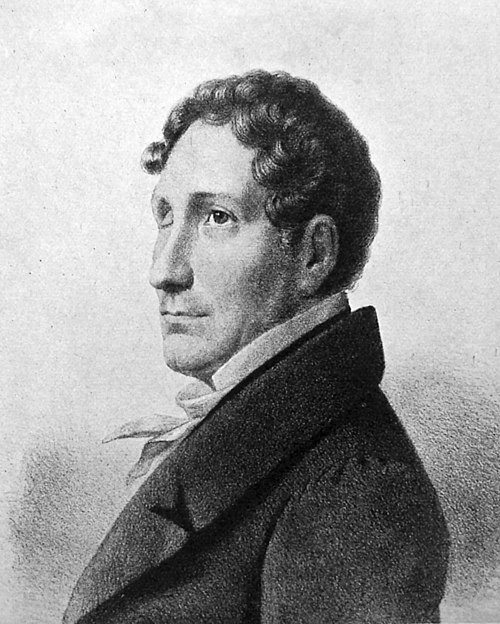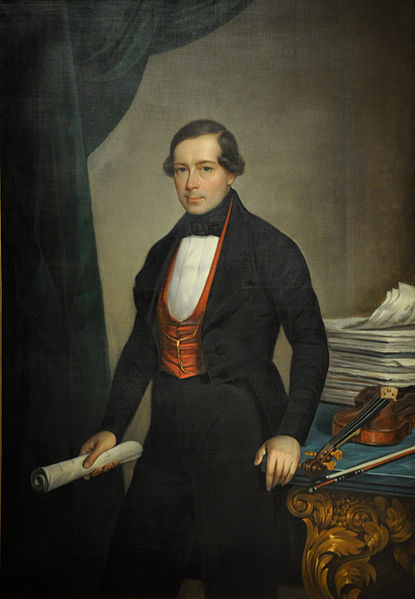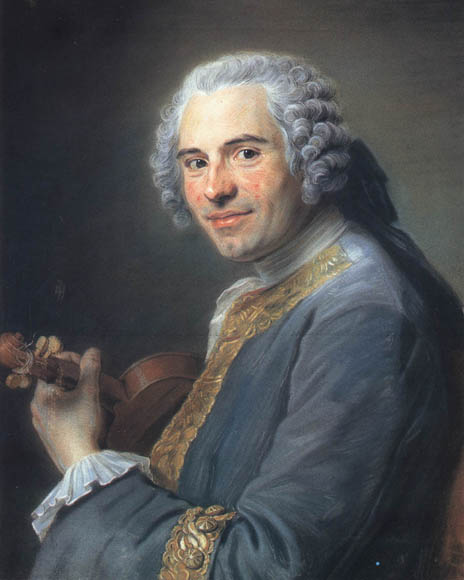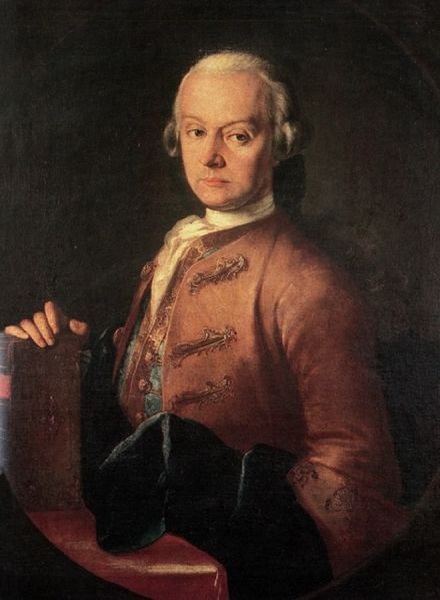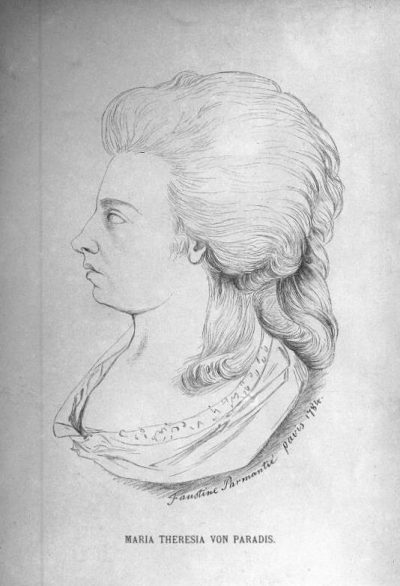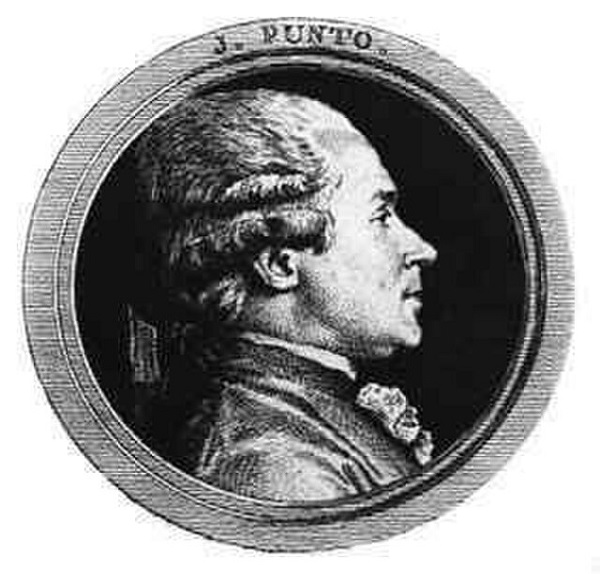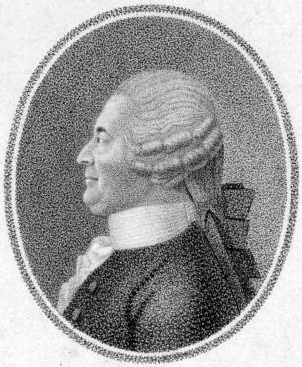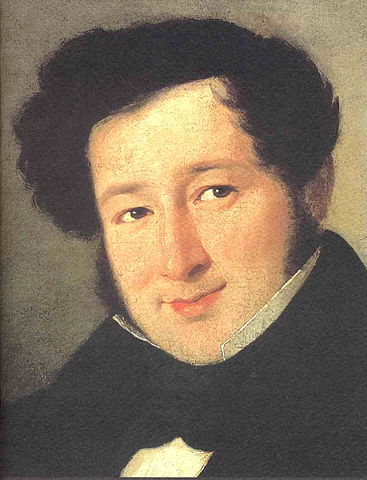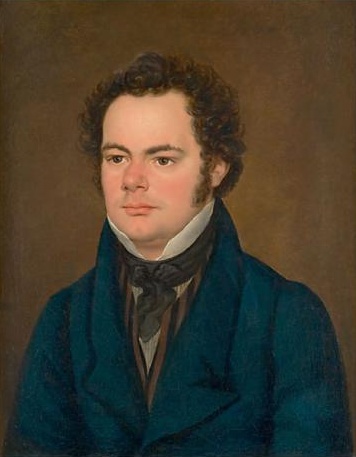Born in Köthen, Dec 22, 1723
Died in London, Jun 20, 1787
- Carl Friedrich Abel is remembered as the last great virtuoso on the viola da gamba. As a composer, Abel’s music bridges the transition from the Baroque to the Classical era.
- Abel primarily wrote music for orchestra and chamber ensemble.
- Abel’s family was connected to J. S. Bach and his children. He may have even studied with Bach in Leipzig for a short period of time. It was on Bach’s recommendation that Abel gained his first notable position as a musician in the Dresden court orchestra in 1748.
- In the early 1760s, Abel became a chamber musician to Queen Charlotte in England. During this time, Abel also befriended J. C. Bach, and the two collaborated on what became known as the “Bach-Abel Concerts” (England’s first subscription concerts).1
Learn More
Short bio via The Kennedy Center

